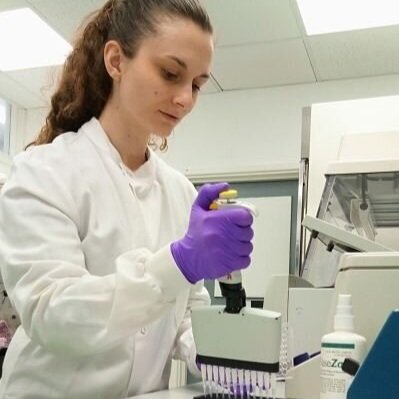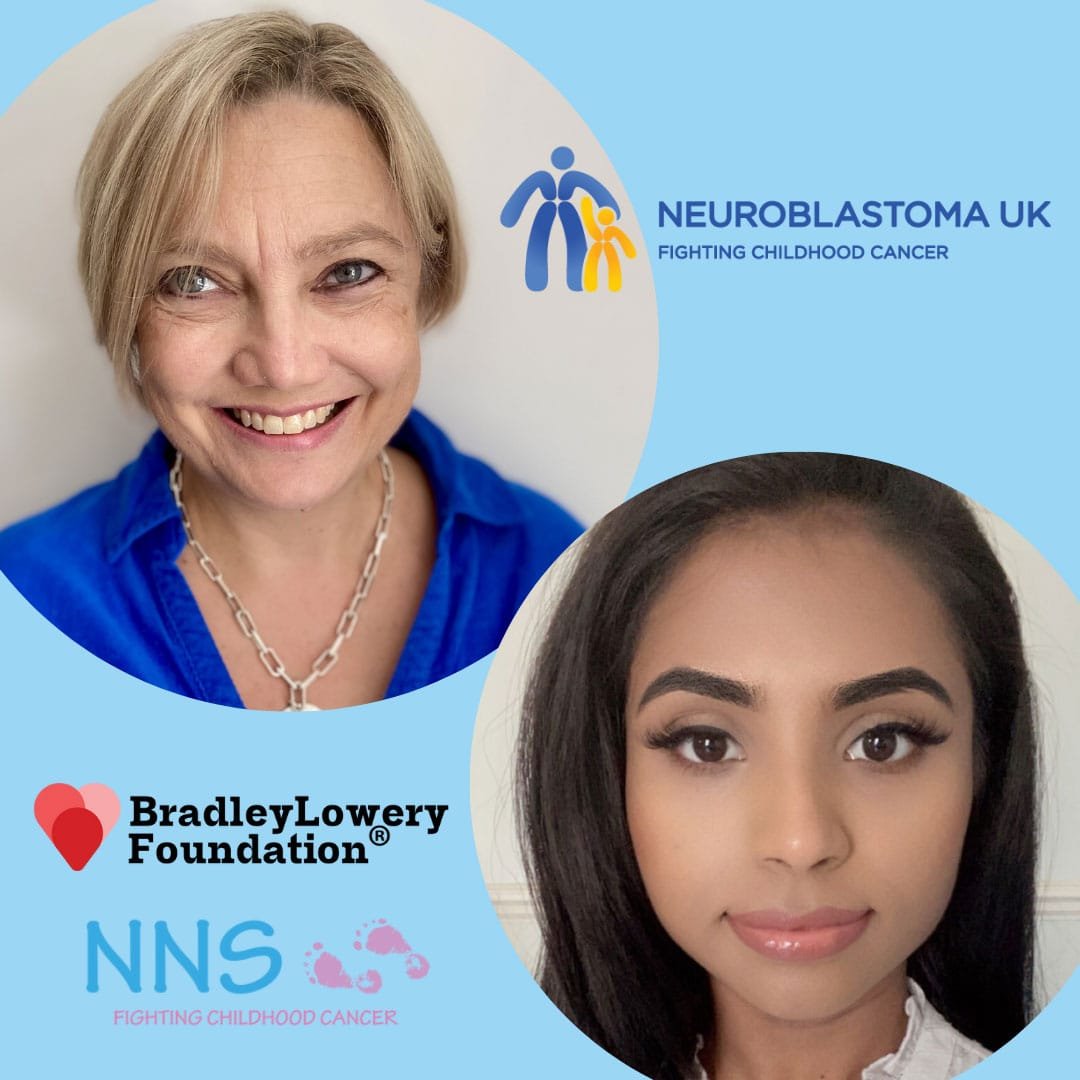A potential new treatment for neuroblastoma
Neuroblastoma UK responds to news of plans to make a new drug available to children with neuroblastoma by the end of 2020.
We welcome the news that a potential new treatment for children with neuroblastoma will be advanced to clinical trial and reach more young cancer patients.
Researchers have found an indirect way to target N-Myc, a gene that occurs in aggressive forms of neuroblastoma. They found that a new drug, fadraciclib, is effective at blocking N-Myc activity by switching off the production of N-Myc and a clinical trial for children with high-risk neuroblastoma is due to open by the end of 2020. The drug has already passed safety trials in adults. The results of a study led by scientists at the Institute of Cancer Research, were published in The Journal of Clinical Investigation on Tuesday 6th October.
““There is a real need to provide less toxic and more effective treatment for our children. This important development offers real hope to families affected by this life-threatening cancer. ”
Tony Heddon, Chair of Neuroblastoma UK said, “We welcome the news that a potential new treatment will be advanced to clinical trial and reach more young cancer patients.
“Neuroblastoma is the most common solid tumour in children after brain tumours with around 100 children diagnosed every year in the UK. Sadly, despite a long road of treatment, sometimes parents are given the devastating news that their child cannot be cured. Less than 50% of children with high-risk neuroblastoma will survive for five years or more after their diagnosis. And for those children who do survive, the drugs used to save them may cause long-lasting damage.
“There is a real need to provide less toxic and more effective treatment for our children. This important development offers real hope to families affected by this life-threatening cancer.
“Continued funding of research into neuroblastoma is absolutely vital to develop kinder, more targeted treatments for children with neuroblastoma. We are proud to have supported the Neuroblastoma New Drug Development Strategy (NDDS) forum which will accelerate bringing new drugs such as fadraciclib more rapidly to front-line therapy and could have truly global benefits. Greater collaboration between countries, research facilities and the neuroblastoma community is critical in accelerating the process of innovation, drug development and patient trials”
Image: Neuroblastoma of the adrenal gland. Credit: Ed Uthman
Related posts



Researchers from the University of Sheffield and St. Anna Children’s Cancer Research Institute have created a model designed to investigate the origins of neuroblastoma, a cancer primarily affecting infants and young children. The findings offer hope for the creation of tailored treatments which treat aggressive neuroblastomas and minimise the adverse effects experienced by patients from existing therapies.